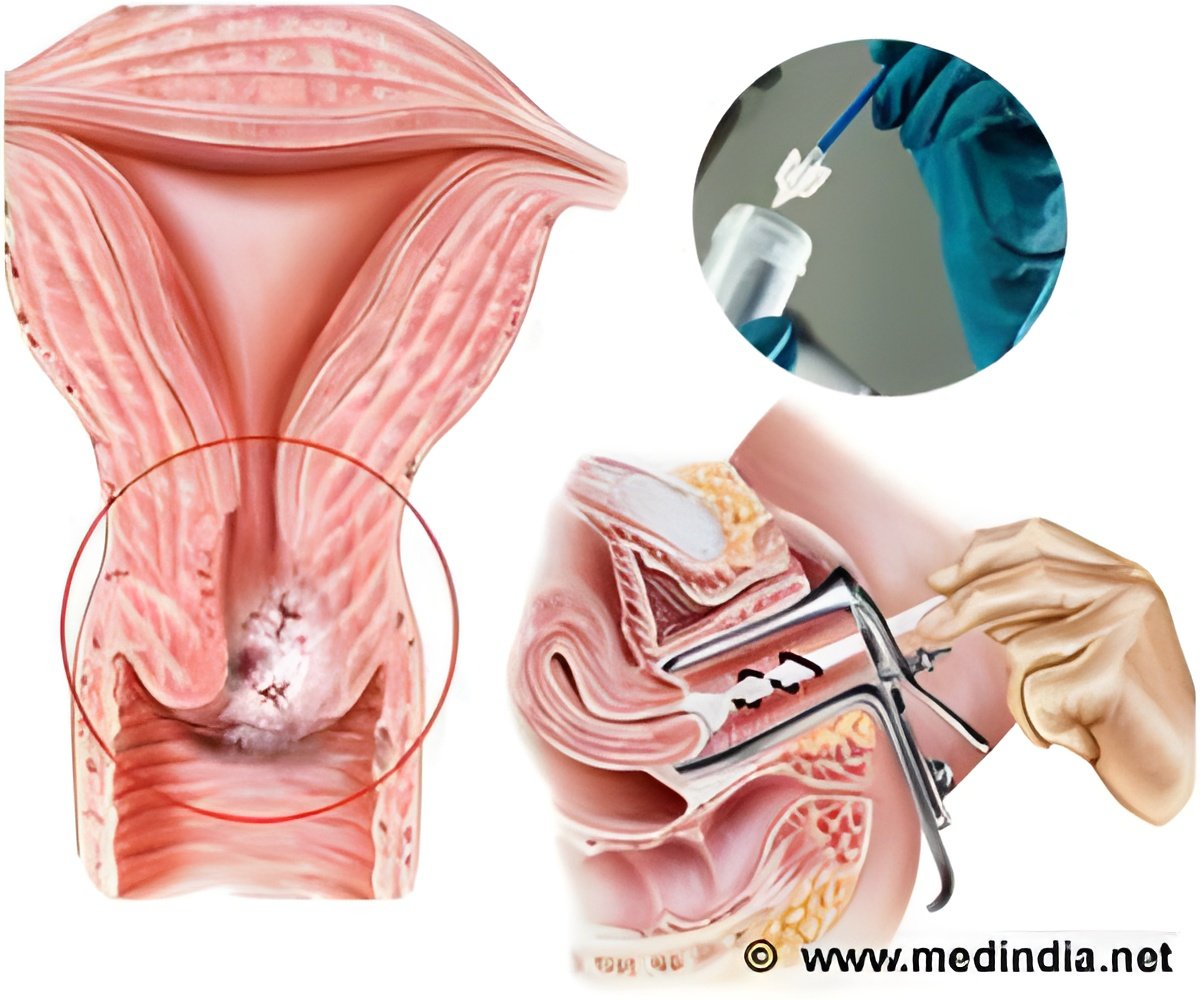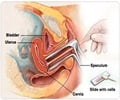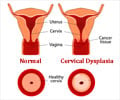A link between Pap smear screenings and a lower risk of developing cervical cancer in women over age 65, has been suggested by a new study.

‘A link between pap smear screenings and a lower risk of developing cervical cancer in women over age 65, has been suggested by a new study.’





The new findings are published in the journal Gynecologic Oncology. "Some studies report that Pap smears are unnecessary in older age, while others show that there is a benefit in the over-65 age group," said Karin Rosenblatt, a cancer epidemiologist and a professor of kinesiology and community health at Illinois. "There's been a great debate about it."
"While the incidence of cervical cancer is greater in adult women under the age of 65 years, those over 65 tend to have more fatal cases of the disease," Rosenblatt said.
When detected early - often via a Pap test - pre-malignant cervical cancer tissue can be removed or treated so it does not progress into malignant cancer.
Rosenblatt assessed whether Pap tests reduce the risk of cervical cancer, specifically in women over age 65. She and her team looked at Medicare billing data from 1991-99 and extracted information for more than 1,200 women who had been recently diagnosed with cervical cancer. The researchers compared their screening histories with those of more than 10,000 control patients who had no cancer diagnosis and were matched on age and geographic location. The team determined which of the patients had received a Pap test two to seven years prior to diagnosis. The results were adjusted for race and income in the regions where the subjects lived.
Advertisement
These results suggest that Pap tests may be beneficial for preventing malignant cervical cancer in women over 65, she said.
Advertisement
"There also needs to be a more thorough cost-benefit analysis of conducting the screenings in elderly women," she said. Medicare covered a Pap test every three years at the time of the study and now covers a Pap test every two years, she said.
"There needs to be further study of the benefits and risks of doing Pap smears in the elderly," Rosenblatt said Future studies should comprehensively assess cervical cancer screenings in older women and more accurately inform health policy recommendations, she said.
Source-Eurekalert















